Paul Hardcastle - Interview
by Paul Waller
published: 24 / 1 / 2013
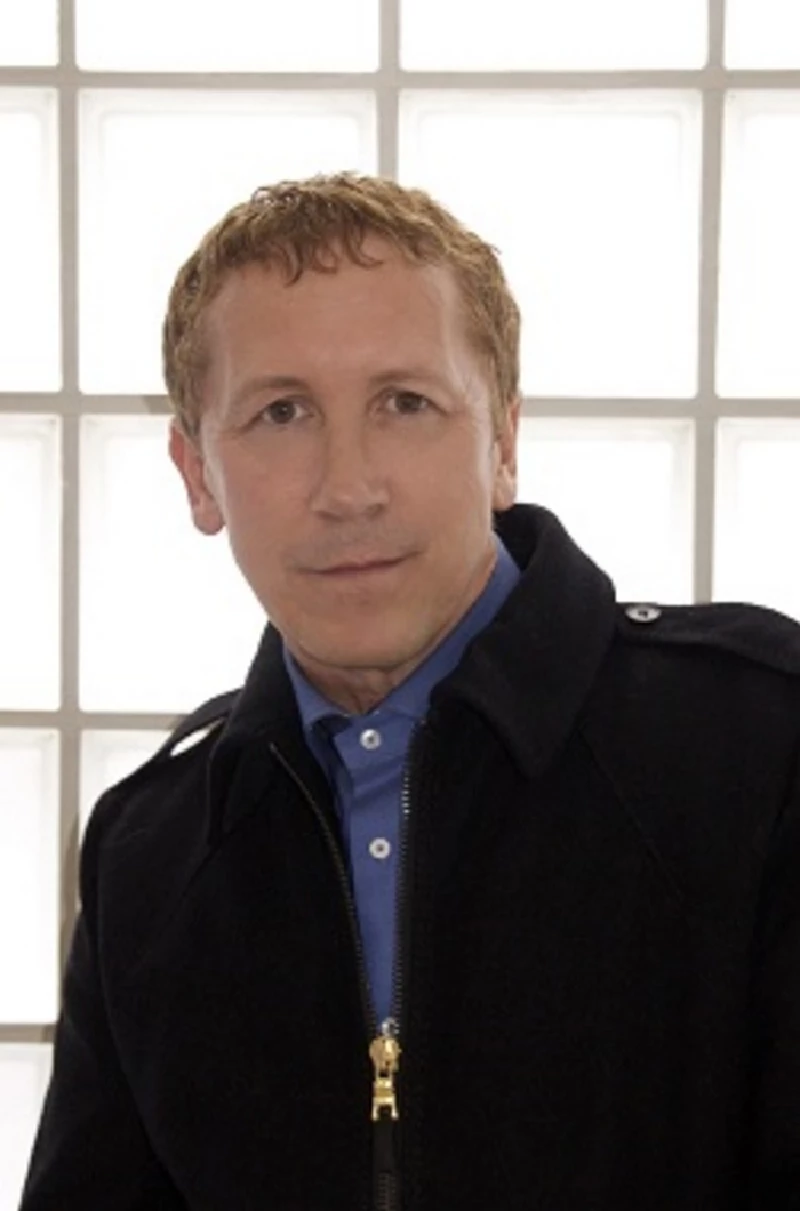
intro
Electronic pioneer Paul Hardcastle talks to Paul Waller about his new compilation album, 'Electrofied 80s’, and his 1980's legacy
In recent times Paul Hardcastle has quietly conquered the massive American smooth jazz market with his Jazzmaster and Hardcastle CD series (13 albums in total not including compilations) which have sold millions of copies. Back in 1985 though, he seemed to spring from out of nowhere to the very top of the pop charts with his commentary on the Vietnam War which he put to music in the shape of his infamous ‘19’ single. To our delight Music Club Deluxe are releasing ‘Electrofied 80s’, a compilation of Paul’s most thrilling music to come from that era. Now in his mid-fifties and with a vast musical history behind him , the keyboard wizard spoke to Pennyblackmusic to us about the new compilation and his 1980's legacy. PB: You have recently released ‘Electrofied 80’s’, which compiles I would say your greatest work from that decade. Does this release put the nail on the head of potentially re-releasing the full length LPs from the time; ‘Zero-One’, ‘Paul Hardcastle’ and ‘No Winners’? PH: No, not really. This one (‘Electrofied 80’s’) came up as an idea from the record company. Well, we came up with the idea for it together really and there are some tracks that have never been released on CD before. By doing this it is not to say that the originals will never be re-released. Quite a few of the tracks have been re-mastered; ‘19’ though is basically the same because I think it’s already as good as it’s going to get, and of course there is a different version of it on there (2011’s remixed version which focused on the war in Afghanistan rather than Vietnam-PW) from when I brought it up to date. I am looking at going back and releasing ‘Zero-One’. We will actually release it again with the original tracks, and there will be seven or eight more as well. We want it sounding as if it was from that date so we are using a lot of the old analogue equipment. I actually have that original set up again; to try and make it sound as if it is from that era. PB: More recently, within the smooth jazz genre you have recorded six ‘Jazzmaster’ records and seven of the beat-fuelled ‘Hardcastle’ ones. Are you going to continue with them or do you think you have gone as far as you can with that smooth sound? PB: No, I’ll keep going with them. They were sounding a bit similar though so I’ve made the Hardcastle albums different in style to the chilled Jazzmaster ones. They are a bit more edgy. PB: Being so influential on the smooth jazz and dance circuits I found it odd that as a kid you had a huge love for Hawkwind rather than for dance music. What was it that drew you towards them? PH: Oh, blimey, I went and saw them live. I was always into different stuff, and I guess because they used a lot of synthesisers that was what I got into. I mean the first time I ever used a synthesiser I played that wind sound; Whoooooosh! PB: Was that when you realised “well hang on a second I can do this”? PH: (Laughs) No, from them I only knew I could do the whoosh sound. It was quite a while after that, around 1981. I had quite a bad motorbike crash, I smashed myself into pieces and I was in traction so I couldn’t get out of bed, and it was then I found myself listening to a lot of dance music. I thought, “I like this,” and then I thought I could do it. So I came out of hospital, swapped my video camera for a synthesiser and it all started from there really. PB: Well, legend has it that, before you broke it big with ‘19’, you had minor success with the ‘Rainforest’ single, but this minor success managed to knock Madonna off the top of the 12” chart, which must have been a fantastic feeling? PH: Big time, yeah. Put it this way! It was number one on the R&B chart, and as you say it knocked Madonna off the top of the sales chart so it wasn’t really minor but, yeah, here (in the UK) I can see why it’s classed as minor because of what came after it. In America, however, I was known more for ‘Rainforest’ than I was for ‘19’. ‘19’ got a lot of airplay in the UK but in America there were a few stations that wouldn’t play it. They thought it was anti-American. PB: That must have riled you? PH: Well, I actually know some Vietnam vets over there. I didn’t get any flak from them. It is just like anything else. When there is negativity out there, some people just go along with it. PB: ‘19’ was released at a time when the sampling craze hadn’t really hit yet, and your samples from the ‘Vietnam Requiem’ documentary are all over the track. Peter Thomas’ voice is an essential part of this. How did he react when he heard it? PH: We got in contact with the people who made the programme, and we actually paid to use it, and then what happened was that Peter Thomas’ lawyer found that we had permission to use it as a TV programme, but not to use it as a record so he got some money. The lawyer did his job. PB: You worked with Simon Fuller at that time. How did you become involved with him. Who approached who? PH: Well, the record label Chrysalis wasn’t really interested in the record but Simon, he was the one, he saw a lot of potential from ‘Rainforest’ and he was a junior A&R man at the time. I went in there and most of Chrysalis didn’t rate it, and to cut a long story short they pretty much said they didn’t want to do it, so I said if you don’t want to release it I will take it somewhere else. Eventually they let it happen and said, “On your head be it.” Of course, Bang! When it got to number one in thirteen countries they said, “Yeah, we always believed in it” PB: I bet they did. How do you feel today about your song paving the way and funding the likes of Fuller’s 19 Management company which has brought to the world acts like the Spice Girls and of course reality TV pop shows? PH: That is a real strange thing and you’re right. It did. I’m still great friends with Simon; I mean he was the best man at my wedding and he’s one of my daughter’s godfather. It’s actually turned around now as I’m managing a guy called Joseph Whelan who was actually on ‘The X-Factor’. He should never have been kicked out. He’s done us all proud. You watch this space because this guy is great. He is really good. PB: Does Simon give you kudos for where the name 19 Management came from and what he has achieved? PH: Totally, yeah. Blimey, he has mentioned me in every interview he has done. I’ve done stuff for him on the Spice Girls movie and with S Club 7 as well. I don’t tell everyone everything I do. That’s not what it’s all about. PB: To have such a vast history of music all spiralling from that initial shot of a single in 1985 is quite an achievement. PH: Yeah, it is really, totally. I got to work with everyone from Ian Dury and Phil Lynott to Barry White, but saying that I’ve sold more albums over the last ten to fifteen years with my chill stuff than I ever did when ‘19’ was out, so I haven’t just clung on to ‘19’, even though it was successful. I’ve changed direction and I think it’s the best thing I ever did. With ‘19’ I had three years of absolute lunacy in my life. After that time, I had got bored with it, I didn’t like it. That is not why I got into music. I had people knocking on my door every day. There was some serious shit going on. I’m not someone who goes out hoping people will recognise me and all that. I was just sitting there in Leytonstone afraid to go out, so I started getting myself in the background of things a bit. PB: But you turned it around with the Jazzmaster and Hardcastle series of albums? PH: Yeah, that’s when I had the idea of getting into this smooth chill stuff. And America loved it. Career wise I’ve done so much more than ‘19’, but if I hear it now I give myself a bit of a pat on the back and think well done for standing by something I believed in. I mean now I’ve just signed with Universal and done the ‘19 Below Zero’ album. I’ve been a busy boy and I really enjoy what I am doing. It is not such a crazy time. I was 25 at the time, and all my fans were 16, 17 and 18 whereas now the fans I have got are from a different demographic, an age ranging from 22 to 65. For me it is exciting again, I get to go into the BBC and do interviews again so there is pressure but it’s different. I look at things differently now I’m older. PB: Thank you.
Band Links:-
http://www.davidwardmusic.com/https://www.facebook.com/davidwardmusic
https://twitter.com/davidwardmusic
https://instagram.com/davidwardmusic/
https://www.youtube.com/user/davidwardmusic
Picture Gallery:-
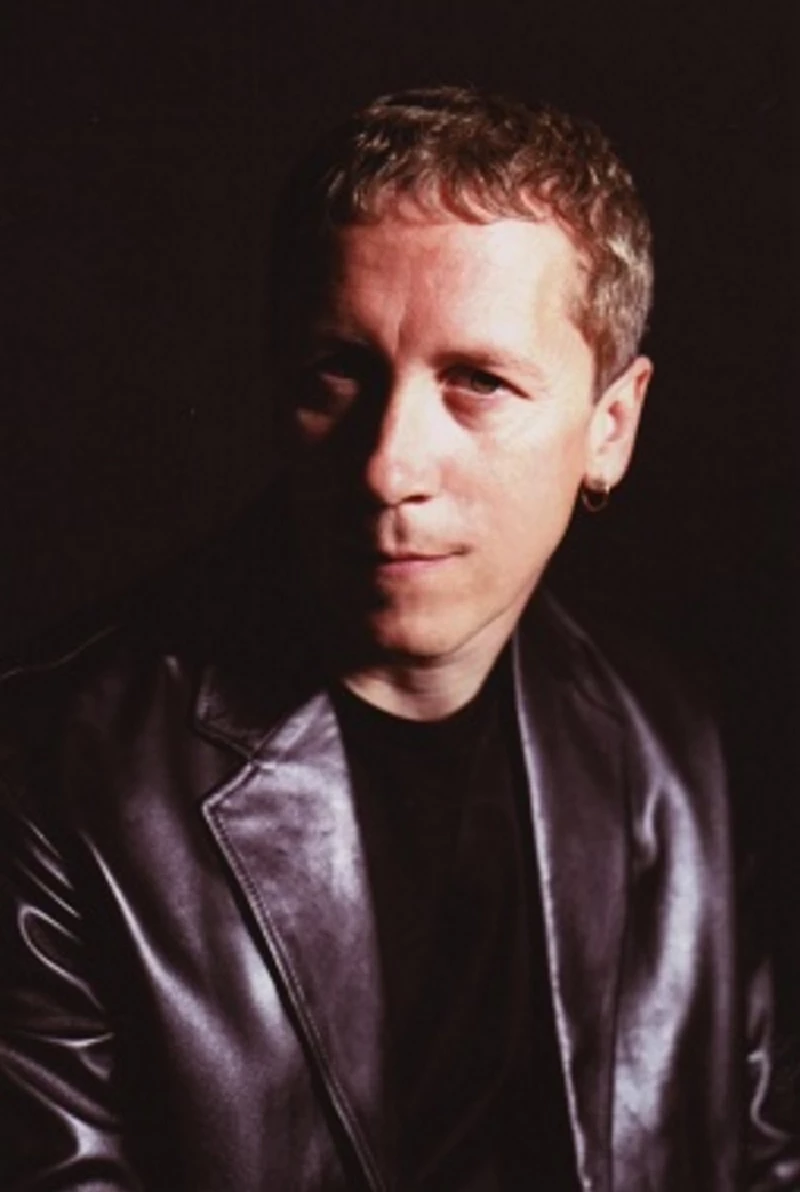
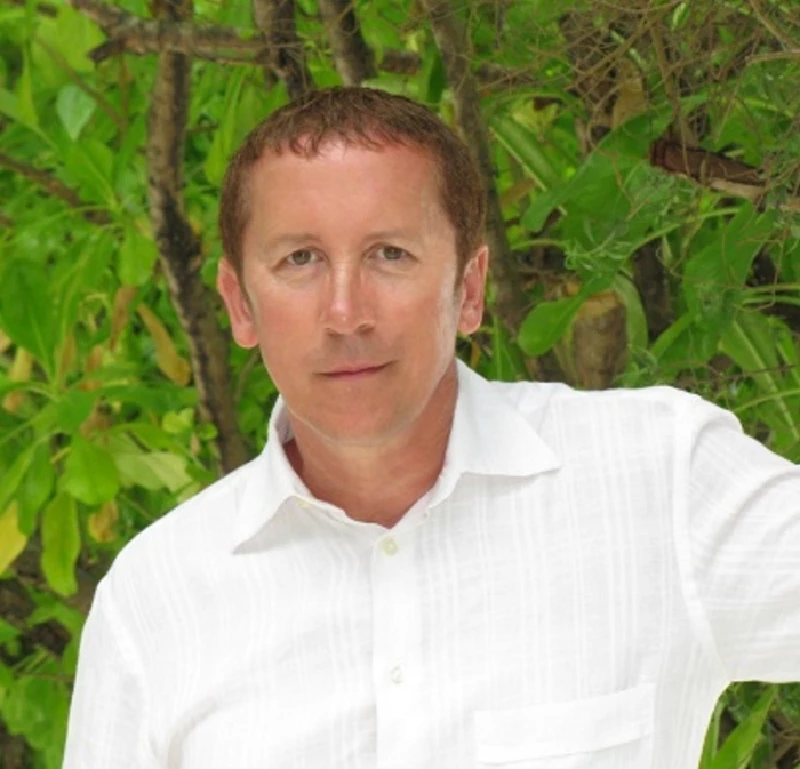
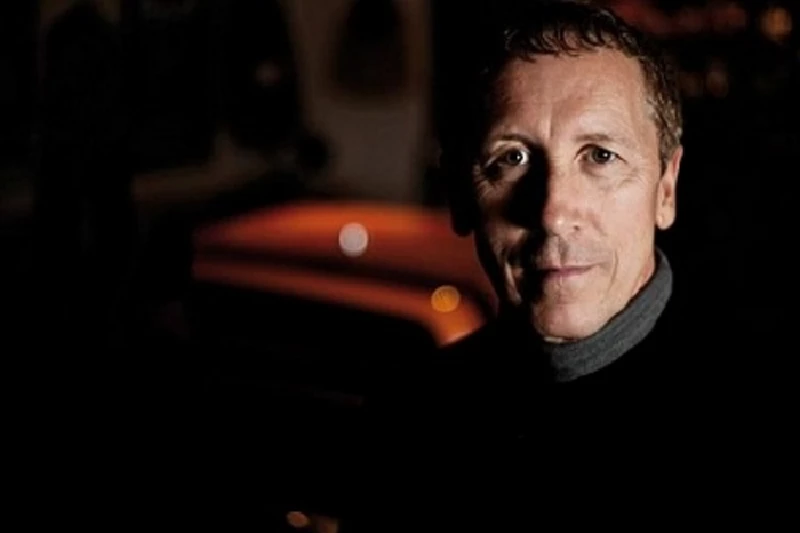
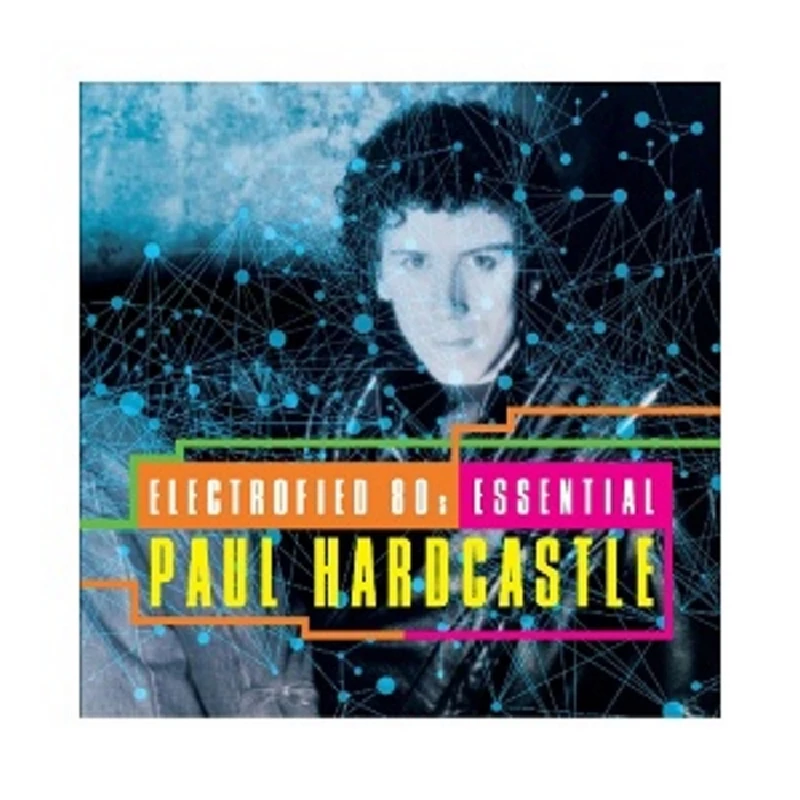
soundcloud
most viewed articles
current edition
Carl Ewens - David Bowie 1964 to 1982 On Track: Every Album, Every SongArmory Show - Interview with Richard Jobson
Colin Blunstone - Thalia Hall, Chicago, 16/7/2025
Bathers - Photoscapes 1
Visor Fest - Valencia, Spain, 26/9/2025...27/9/2025
John McKay - Interview
Billie Eilish - O2 Arena, London, 10/7/2025
Robert Forster - Interview
Sir Tim Rice - Interview
Loft - Interview
previous editions
Heavenly - P.U.N.K. Girl EPManic Street Preachers - (Gig of a Lifetime) Millennium Stadium, Cardiff, December 1999
Beautiful South - Ten Songs That Made Me Love...
Pixies - Ten Songs That Made Me Love...
Oasis - Oasis, Earl's Court, London, 1995
Paul Clerehugh - Interview
Trudie Myerscough-Harris - Interview
Prolapse - Interview
Doris Brendel - Interview
Peter Perrett - In Dreams Begin Responsibilities Interview Part One
most viewed reviews
current edition
Phew, Erika Kobayashi,, Dieter Moebius - Radium GirlsAmy Macdonald - Is This What You've Been Waiting For?
Davey Woodward - Mumbo in the Jumbo
Sick Man of Europe - The Sick Man of Europe
Alice Cooper - The Revenge of Alice Cooper
Blueboy - 2
Cynthia Erivo - I Forgive You
Lucy Spraggan - Other Sides of the Moon
Bush - I Beat Loneliness
Suzanne Vega - Flying With Angels
Pennyblackmusic Regular Contributors
Adrian Janes
Amanda J. Window
Andrew Twambley
Anthony Dhanendran
Benjamin Howarth
Cila Warncke
Daniel Cressey
Darren Aston
Dastardly
Dave Goodwin
Denzil Watson
Dominic B. Simpson
Eoghan Lyng
Fiona Hutchings
Harry Sherriff
Helen Tipping
Jamie Rowland
John Clarkson
Julie Cruickshank
Kimberly Bright
Lisa Torem
Maarten Schiethart